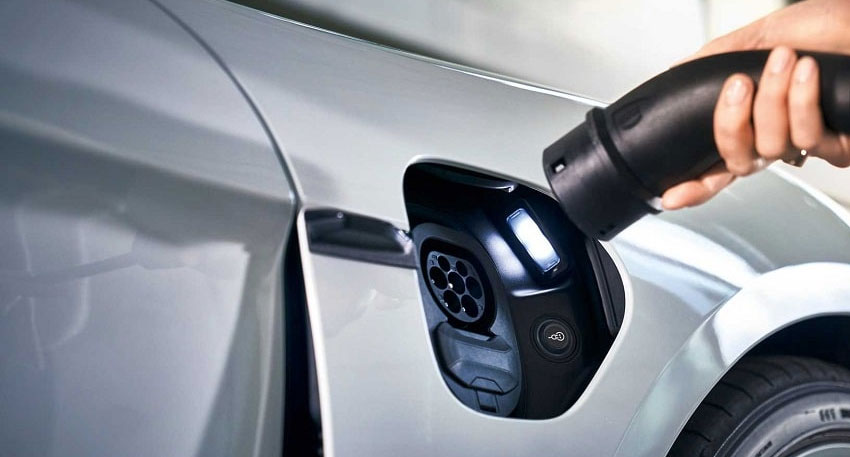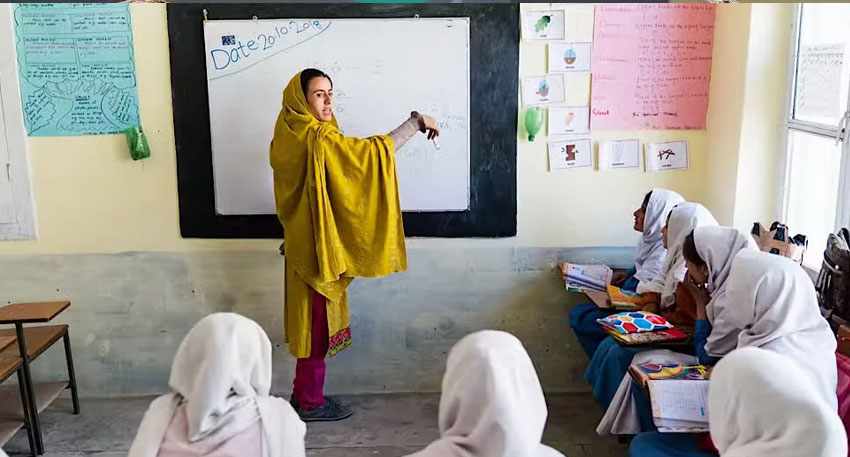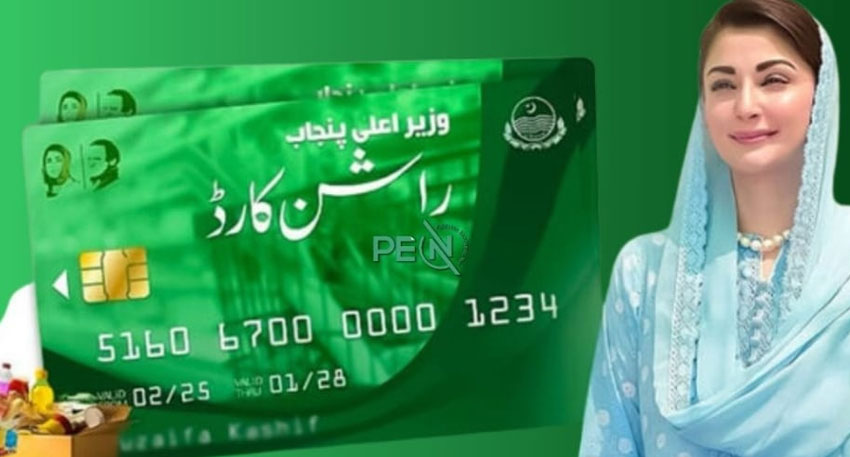
This policy will transform Pakistan’s transport sector, making it cleaner, locally driven, and economically sustainable.
The launch took place during a press briefing in the capital, with Special Assistant on Industries and Production, Haroon Akhtar Khan, representing the Prime Minister.
“This policy should be embraced wholeheartedly by Pakistan, as it is a game changer for our economy, environment, and industrial landscape,” declared Haroon Akhtar Khan as he introduced the initiative.
Under the NEV policy, 30% of all new vehicles sold by 2030 are to be electric. 2.07 billion liters of fuel annually (~USD 1 billion in foreign exchange), 4.5 million tons of carbon emissions, and USD 405 million in healthcare costs per year will be saved through this policy.
The federal government has allocated Rs9 billion in subsidies for fiscal year 2025–26, in which 116,053 electric bikes and 3,171 electric rickshaws, with 25% of subsidies reserved for women, will be supported.
To manage the application, verification, and disbursement processes, a fully digital platform has been deployed to ensure efficiency.
The policy also outlines a robust infrastructure development plan. The plan will aim for the installation of 40 EV charging stations on motorways, spaced roughly 105 km apart. Furthermore, it will introduce battery-swapping systems, vehicle-to-grid (V2G) frameworks, and mandatory EV charging points in new building codes, especially in urban areas.
The policy’s focal point is domestic production, as over 90% of parts for two- and three-wheeler EVs are currently being manufactured locally. SMEs and domestic producers will be promoted by incentives and targeted support packages. The Automotive Industry Development and Export Plan (AIDEP) tariff facility will remain through 2026 and then phase out by 2030, and locally produced EVs are 30–40% cheaper than imported alternatives.
The policy could generate Rs800 billion in savings from reduced fuel imports, lower energy capacity payments, and carbon credit revenues over 25 years. A drop of Rs174 billion to Rs105 billion annually for capacity payments could be plausible, while Rs15 billion could contribute to carbon credits.
Through savings on fuel and maintenance, EV users are expected to recoup their investment within approximately two years.
For implementation, under the Ministry of Industries and Production, a steering committee will monitor progress with monthly and quarterly reviews, while performance audits will be conducted every six months by the Auditor General of Pakistan.
Also Read: Sialkot announces local holiday amid worsening flood crisis
Swift finalisation of the NEV policy was urged by PM Shehbaz Sharif on June 14, 2025, highlighting the need for priority-based electric mobility and enhanced manufacturing capacity for two-/three-wheelers was highlighted by PM Shehbaz Sharif.
The new NEV Policy 2025–30 will lead Pakistan to a path that combines climate resilience, economic savings, industrial uplift, and gender-inclusive mobility.




